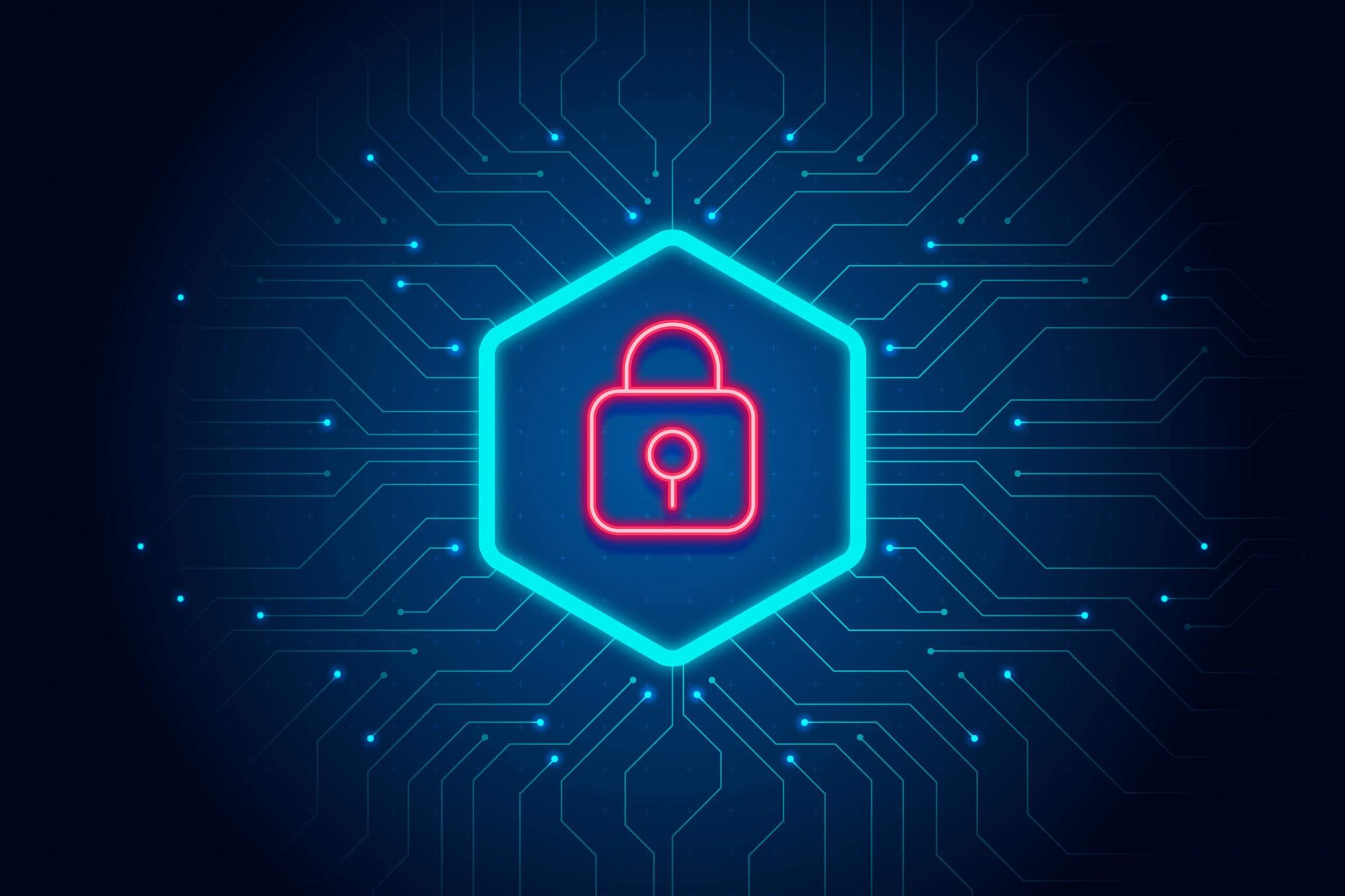Top 5 Budget-Friendly Cybersecurity Solutions for Small Municipalities
Small towns and municipalities face immense cybersecurity challenges on limited budgets. With restricted funding but highly sensitive data like utility records, public safety information, and personnel files to protect, the risk is immense.
A single ransomware attack or data breach can devastate finances and public trust in local leadership for years. Yet comprehensive security solutions seem unaffordable for cash-strapped small governments.
Fortunately, with the right approach, even the smallest municipalities can safeguard their data and systems on a modest budget. In this guide, we’ll reveal the top 5 budget-friendly cybersecurity solutions tailored for small governments.
Unique Cybersecurity Challenges for Small Municipalities
Small local governments have unique constraints that complicate security:
Severely Limited Budgets – Tiny cybersecurity budgets are the norm. Major solutions seem completely out of reach financially.
Lack of IT Staff – With few to no dedicated IT specialists, cybersecurity gets little proactive attention compared to competing priorities.
Legacy Systems – Older unsupported software and operating systems still in use create security holes. Upgrading is costly.
Limited Expertise – No budget for outside consultants. Lack of in-house skills to implement security controls properly.
Distributed Attack Surface – Multiple town facilities like libraries, clinics, police/fire stations need security but have limited local IT support.
Unique Compliance Needs – Must comply with regulations around handling of utility customer data, criminal justice information, health records and more.
Public Scrutiny – Any successful breach draws heavy public criticism due to loss of trust in local leadership to safeguard community data.
But even with these constraints, small municipalities can still implement baseline security. The key is choosing solutions strategically optimized for limited budgets.
The Top 5 Budget Cybersecurity Solutions
Here are the top 5 solutions I recommend small municipalities embrace first:
1. Cybersecurity Training
Instead of expensive technology, invest first in building cybersecurity skills and awareness among staff. Many breaches originate from employee mistakes.
Low cost training options include free online courses from the Department of Homeland Security and National Cybersecurity Alliance, affordable video training from platforms like KnowBe4, and workplace phishing simulations.
Equipped with security knowledge, staff play a critical role as a defense layer alongside technology.
2. Multi-Factor Authentication
MFA adds a huge boost in security for very little cost. Simply requiring a secondary one-time code for logins blocks most unauthorized access.
Top options like Microsoft Authenticator, Authy, Google Authenticator and Duo are free or just a few dollars monthly per user.
Prioritize MFA for remote access to networks, administrator accounts, finance/HR systems, email, and public portals.
3. Endpoint Protection
Install a solid antivirus and anti-malware tool like Bitdefender GravityZone on all end user devices, servers, and virtual desktops.
For under $30 per device, you gain advanced AI to block viruses, ransomware, exploits and new attack methods.
Complement with free endpoint hardening tools like Microsoft Attack Surface Reduction to further lock things down.
4. Secure Email Gateway
Over 90% of cyber attacks start with a phishing email. An email security solution can block these for under $5 monthly per mailbox.
Leading options like Proofpoint Email Security, Mimecast, and Barracuda Email Security use AI to detect hidden threats regular filters miss.
Quarantine malicious emails before they reach users and deploy enterprise-grade protection at a fraction of the cost.
5. Uptime Monitoring
External monitoring of public sites, DNS, and applications for outages detects cyber incidents and system failures in real-time for rapid response.
Uptime Monitoring from Network Notifications costs just $19.99 a month for basic website monitoring with SMS/email alerts.
Monitoring your public digital assets is indispensable for even the smallest municipalities.
While limited, these 5 inexpensive solutions in awareness, access, endpoints, email, and monitoring establish an initial security foundation on which to build over time.
Top Budget Upgrades to Consider
Once establishing a baseline, small municipalities should consider these additional budget-friendly upgrades:
Patch Management – Automate patching of operating systems, software, and firmware using low-cost tools like PDQ Deploy. Keeping things updated eliminates many vulnerabilities.
Secure File Sharing – Replace unsecured FTP or attachments with affordable secure file transfer platforms like Kiteworks to exchange sensitive documents with outside entities.
Virtual CISO – Get expert advice on a budget by engaging a fractional Virtual CISO from a firm like Enview Cyber. They can guide strategic security improvements.
Password Manager – Reduce password reuse and enforce strong credentials using a low-cost manager like Dashlane Business. Employees save time logging in securely.
Dark Web Monitoring – Get alerts if your accounts show up for sale on dark web sites using services like Bitglass, IdentityForce, or EZShield in the under $10 per user monthly range.
As budgets allow over time, steadily raise your security posture with solutions purpose-built for resource-constrained organizations.
Leveraging Federal and State Cybersecurity Grants
Take advantage of federal, state and nonprofit grants available to bolster security:
- State government cybersecurity grants – Over 75% of states offer annual local cybersecurity grants ranging from $50,000 to $400,000.
- Homeland Security grants – FEMA grants help fund cybersecurity assessments, training, upgrades. Average around $100,000.
- Nonprofit grants – Groups like the Multi-State Information Sharing Analysis Center (MS-ISAC) provide specialty local government cybersecurity grants.
- American Rescue Plan – Guidance allows using COVID relief funds for cybersecurity needs enabling modernization.
- Public-private partnerships – ISAOs like The Cybersecurity Collaborative can connect local governments to cost-effective solutions and expertise.
Grants provide a valuable mechanism to fund larger strategic initiatives and supplement limited budgets.
Conclusion
The biggest mistake small governments make is thinking effective cybersecurity requires big budgets. In reality, prioritizing low-cost solutions in staff training, access controls, monitoring, email security, and endpoint protection establishes a solid initial security foundation.
No municipality is too small or under-resourced to start building their cyber defenses. With the right budget-friendly tools and prudent management of scarce funds, local leaders can provide essential protections on limited taxpayer dollars.
Bolstering cyber resilience pays dividends by preserving citizen data, minimizing disruptions, and maintaining public trust. Get started today with the quick-win budget solutions outlined here while pursuing grants to accelerate progress. Your citizens are counting on you.
Sign up now to try Network Notifications Uptime Monitoring free for 3 days to implement external monitoring on a budget.



